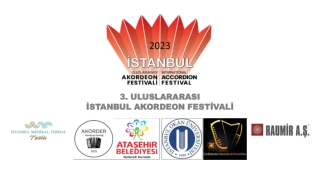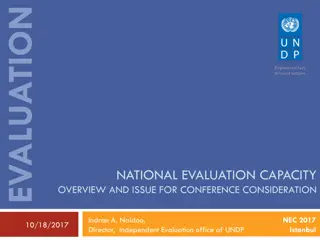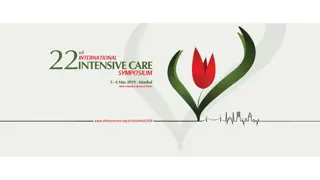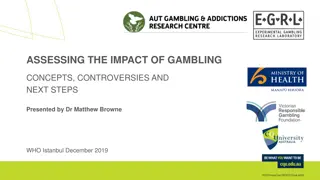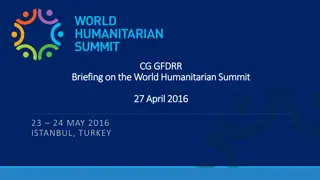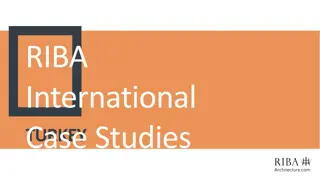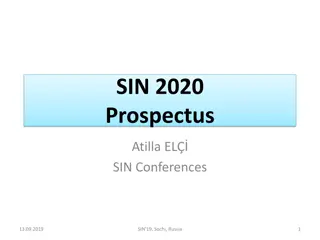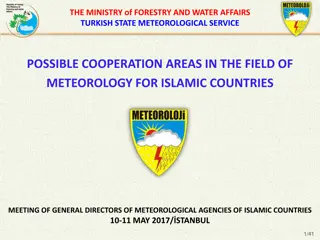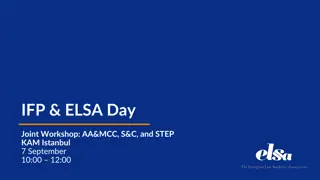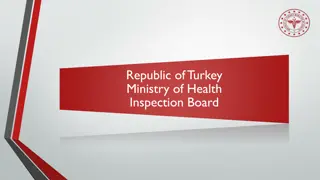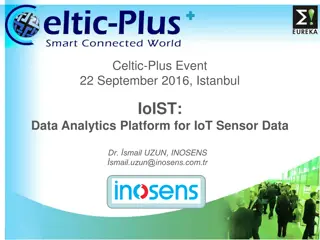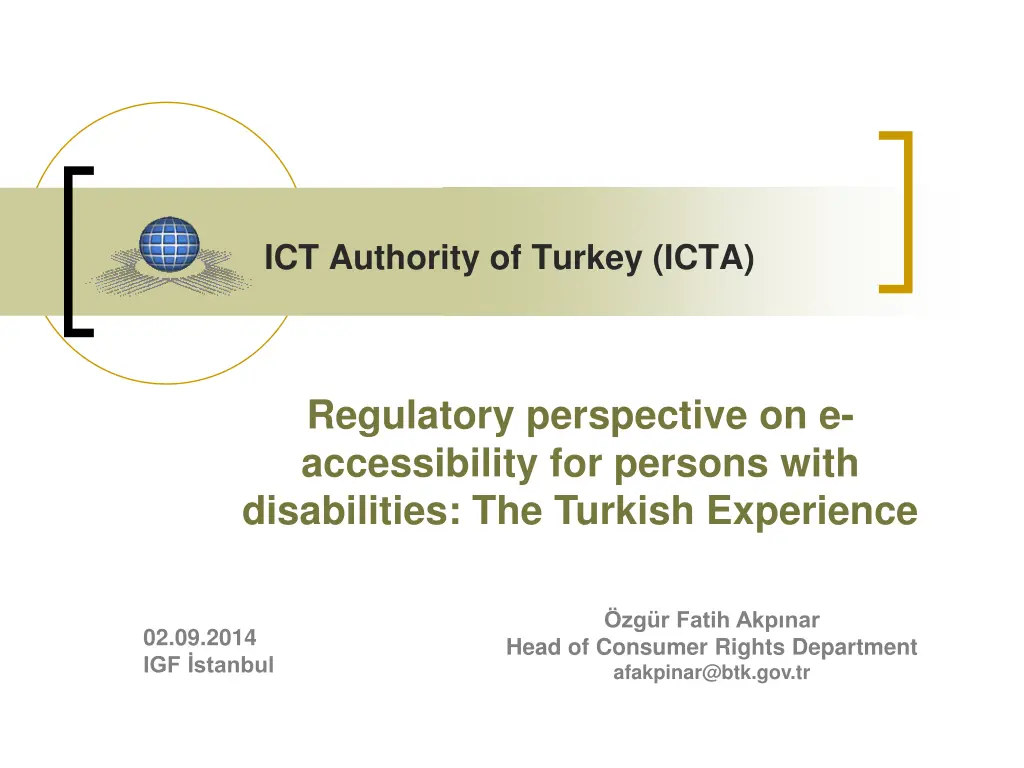
Turkish ICTA Regulatory Perspective on E-Accessibility
Explore the regulatory perspective of the ICT Authority of Turkey (ICTA) on e-accessibility for persons with disabilities. Learn about the initiatives, challenges, and solutions aimed at ensuring equal ICT access for all consumers, including the disabled population in Turkey.
Download Presentation

Please find below an Image/Link to download the presentation.
The content on the website is provided AS IS for your information and personal use only. It may not be sold, licensed, or shared on other websites without obtaining consent from the author. If you encounter any issues during the download, it is possible that the publisher has removed the file from their server.
You are allowed to download the files provided on this website for personal or commercial use, subject to the condition that they are used lawfully. All files are the property of their respective owners.
The content on the website is provided AS IS for your information and personal use only. It may not be sold, licensed, or shared on other websites without obtaining consent from the author.
E N D
Presentation Transcript
ICT Authority of Turkey (ICTA) Regulatory perspective on e- accessibility for persons with disabilities: The Turkish Experience zg r Fatih Akp nar Head of Consumer Rights Department afakpinar@btk.gov.tr 02.09.2014 IGF stanbul
Agenda Problem Definition Legal Background ICTA s Board Decisions Conclusion
Problem Definition-1 A working group was established in 2011: Representatives from various NGOs of the disabled people Academic institutions Mobile, fixed and cable operators The Ministry of Transport, Maritime Affairs and Communication The Ministry of Family and Social Policies They prepared a report: identification of problems of the people with disabilities to ICT access and suggestions to solve those problems
Problem Definition-2 The persons with disabilities = 12 % of Turkish population -> 9 million. The operators had limited services which are designed especially for them Specifically designed services were not easily accessible by them 4
Problem Definition-3 The people calling a deaf person did not know that the person they are calling is deaf; so, they could not know that they needed to call this person with alternative methods. The blind people could not access their invoice or quota information which is sent to them by SMS. Location information was not provided by all mobile operators, so getting lost was a significant problem for blind people. 5
Legal Background Electronic Communications Law Information Society Strategy Strategic Plan of ICTA To ensure that all consumers including disabled people can equally access ICT The Goal services at affordable prices 6
ICTAs Board Decisions Mobile operators are required to provide; Subscription contracts and bills in Braille alphabet or as voicemail to blind end-users Voicemail to blind end-users when notifying consumers with SMS regarding any change in the terms of tariffs and service provision Location information, Voicemail regarding invoice and quota information, The information free of charge that the person you have called is deaf , SMS or data only services which do not include voice services.
ICTAs Board Decisions All operators were required to: Make their web sites accessible for persons with disabilities Extend discounted tariffs applicable for disabled persons to NGOs working for such persons. Gather all services regarding to disabled people under the same title of their web page.
Conclusion The operators became more aware of the specific needs of the disabled persons. Awareness among the disabled persons regarding the benefits of access to ICT was increased through informative briefs and TV spots. Many new servicess began to be used. 9

